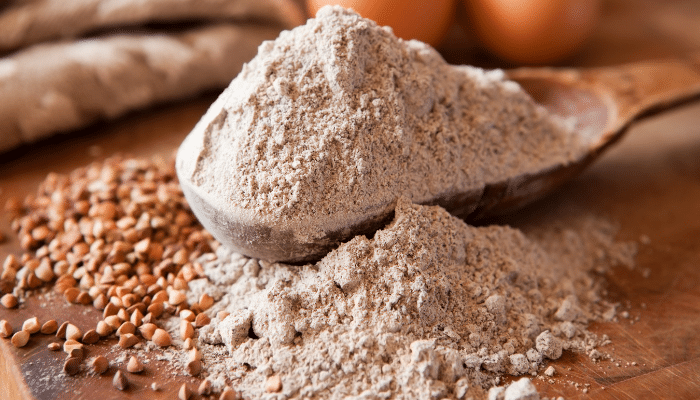Datura alkaloids are regulated in the
EU in Regulation (EU) No 2016/239 amending Regulation (EC) No 1881/2006 only for cereal-based foods and foods for infants and young children containing millet, sorghum, buckwheat or products derived therefrom up to
1 µg/kg atropine and 1 µg/kg scopolamine.
A draft regulation is currently being drafted and the proposed amendments relate to the addition of limits on the following raw materials: millet, sorghum, buckwheat and their milling products and maize milling products, maize grains, infusions in solid or liquid form.
In 2009,
Anses published a notice defining an intervention threshold of
100 µg total alkaloids (sum of atropine and scopolamine) per kilogram of
buckwheat flour.
Since the publication of this notice, knowledge of the acute toxicity of these contaminants has evolved.
In a
2013 opinion, EFSA adopted an acute reference dose
(ARfD) of 0.016 µg/kg body weight.
The ANSES was contacted on February 8, 2019 by the DGCCRF for
scientific and technical support to update its opinion of February 18, 2009.
The Agency's conclusions reveal that the intervention threshold of 100 µg/kg buckwheat flour is not sufficiently protective to ensure a lower exposure of consumers of buckwheat flour to ARfD, therefore it should be considered obsolete. Pending the entry into force of the regulatory maximum levels to be established at EU level,
a new intervention threshold of 16 µg/kg of datura alkaloids should be taken into account for buckwheat flours sold in France.
Please note that your Phytocontrol laboratory is able to determine the alkaloid content of Datura (atropine and scopolamine) under COFRAC accreditation in cereals and cereal products.
For any technical, pricing and/or regulatory information, do not hesitate to contact us.





